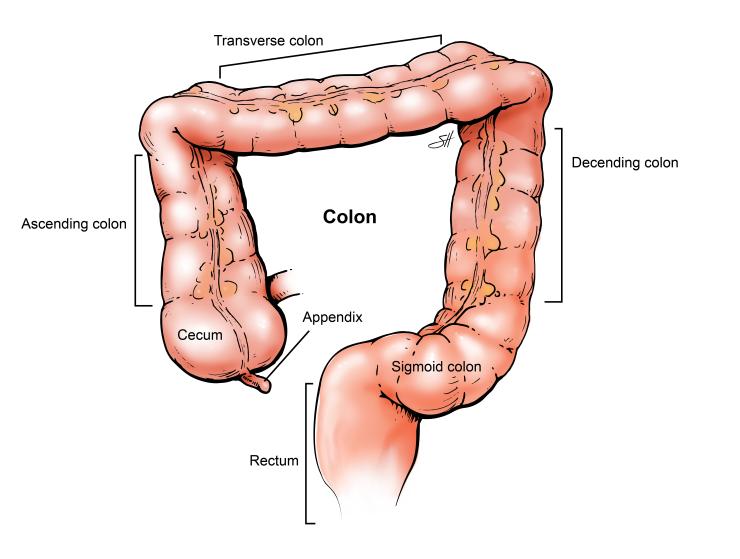Esophageal Cancer
Driven by obesity (which leads to GERD) and a decrease in the occurrence of a stomach infection (H. pylori) that reduced the acidity of stomach juice, esophageal cancer has become the fastest rising cancer in Caucasian men in the United States. The experts at the Baylor St. Luke's Medical Center Dan L. Duncan Comprehensive Cancer Center specialize in the prevention, diagnosis and treatment of esophageal cancer. The Esophageal Cancer Center offers a comprehensive array of services that are tailored to address your (or your loved one’s) individual needs. Our internationally recognized gastroenterologists, medical oncologists, radiation oncologists, thoracic surgeons, radiologists and nurses will guide you every step of the way from diagnosis through discussions of tailored treatment options for you. If you have questions or want to make an appointment, call (713) 798-2262.
What You Need to Know
The esophagus is a muscular tube that moves food and liquids from your mouth to your stomach. In esophageal cancer, cancer starts on the inner lining of the esophagus and spreads outwards through the muscular layers of the esophagus. The most common types of esophageal cancer are squamous cell carcinoma and adenocarcinoma.
Risk Factors and Symptoms for Esophageal Cancer
The American Cancer Society’s estimates about 22,070 new esophageal cancer cases will be diagnosed in 2025.
Obesity, chronic GERD, Barrett’s esophagus, smoking, heavy alcohol use, and certain esophageal conditions (achalasia) increase the risk of esophageal cancer. Talk with your doctor if you think you may be at risk or if you recognize any signs and symptoms of esophageal cancer, which includes feeling like food is sticking in your chest, weight loss, chest pain, and worsening heartburn.
Diagnostic Techniques
Currently, there are no blood tests to diagnose esophageal cancer. While imaging studies, such as a barium esophagram or CT scan may show an abnormality, the diagnosis of esophageal cancer requires an endoscopy and biopsy. If cancer is detected, additional tests are needed to determine the extent of spread, called clinical staging.
Tests and procedures for the diagnosis and evaluation of esophageal cancer include an endoscopic exam and imaging tests (CT and/or PET scans).
Staging for Esophageal Cancer
As is the case for all other cancers, treatment of, and survival from esophageal cancer depends on its stage. Cancer staging depends on information about the:
- Tumor (T stage)
- Lymph nodes (N stage)
- Spread to the rest of your body (M stage)
- These 3 pieces of information are combined to give a cancer stage (I through IV).
Customized Treatment Plans for Esophageal Cancer
Cancers of the esophagus are uniquely challenging to treat, for two important reasons. First, esophageal cancers are relatively uncommon in the United States, and many clinicians will not have experience treating individuals with these tumors with the same frequency as they do other tumor types. Second, treatment of these cancers require a complex coordination of care between four different doctors: a thoracic surgeon, gastroenterologist, radiation oncologist, and medical oncologist.
The esophageal cancer group at the NCI-Designated Dan L Duncan Comprehensive Cancer Center has put together a focused team of specialists who provide coordinated, innovative services for prevention, detection, and treatment for esophageal cancer. Members of the Esophageal Cancer Center work in concert to create an individualized treatment plan upfront, so that the right combination and sequence of therapies can be recommended to ensure the best possible outcome for you, the patient.
Treatment may include a combination of chemotherapy, targeted therapy, immunotherapy, radiation therapy, surgery and/or endoscopic removal.
Patients also have access to National Cancer Institute-sponsored esophageal cancer clinical trials.









 Credit
Credit
